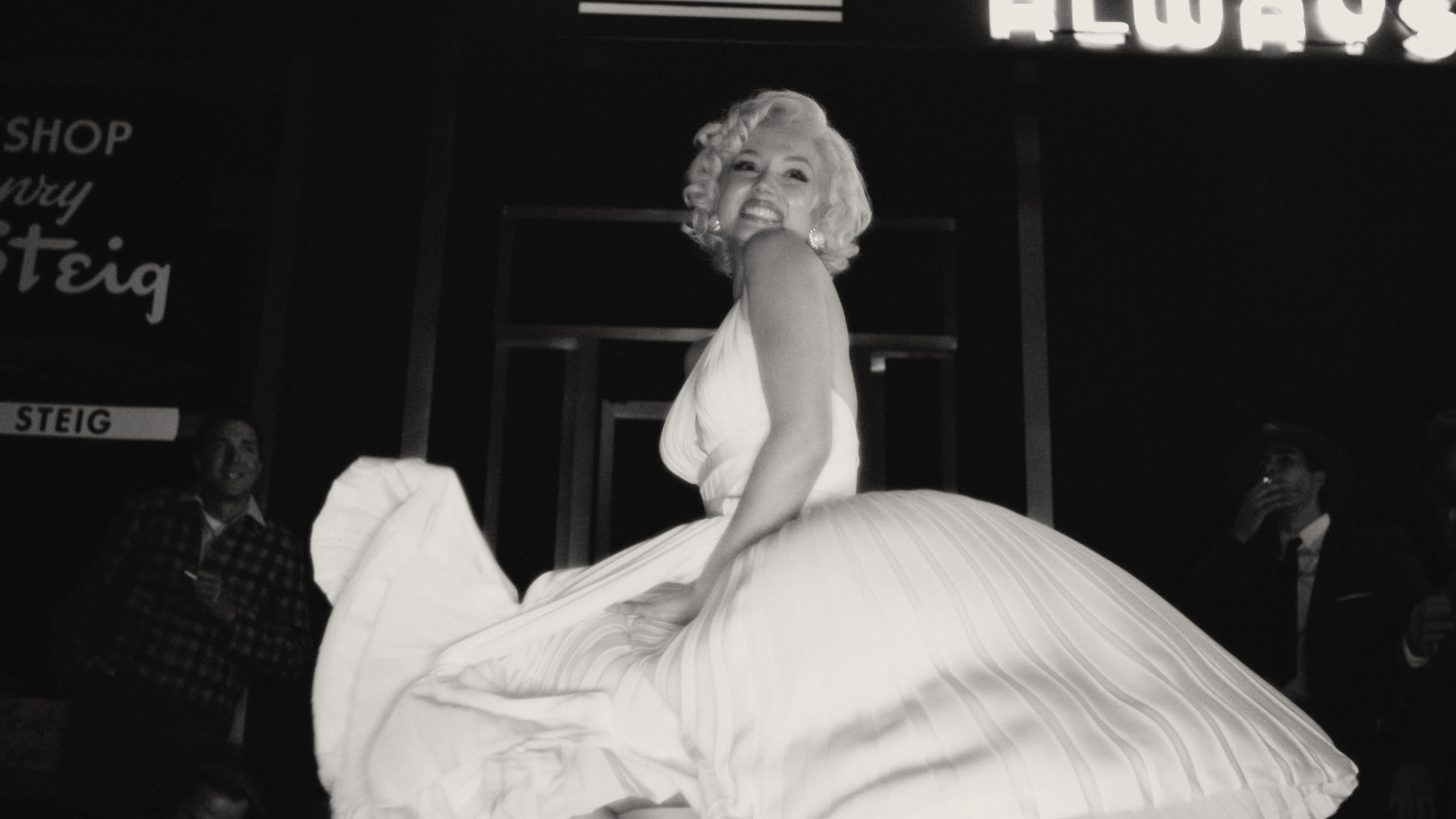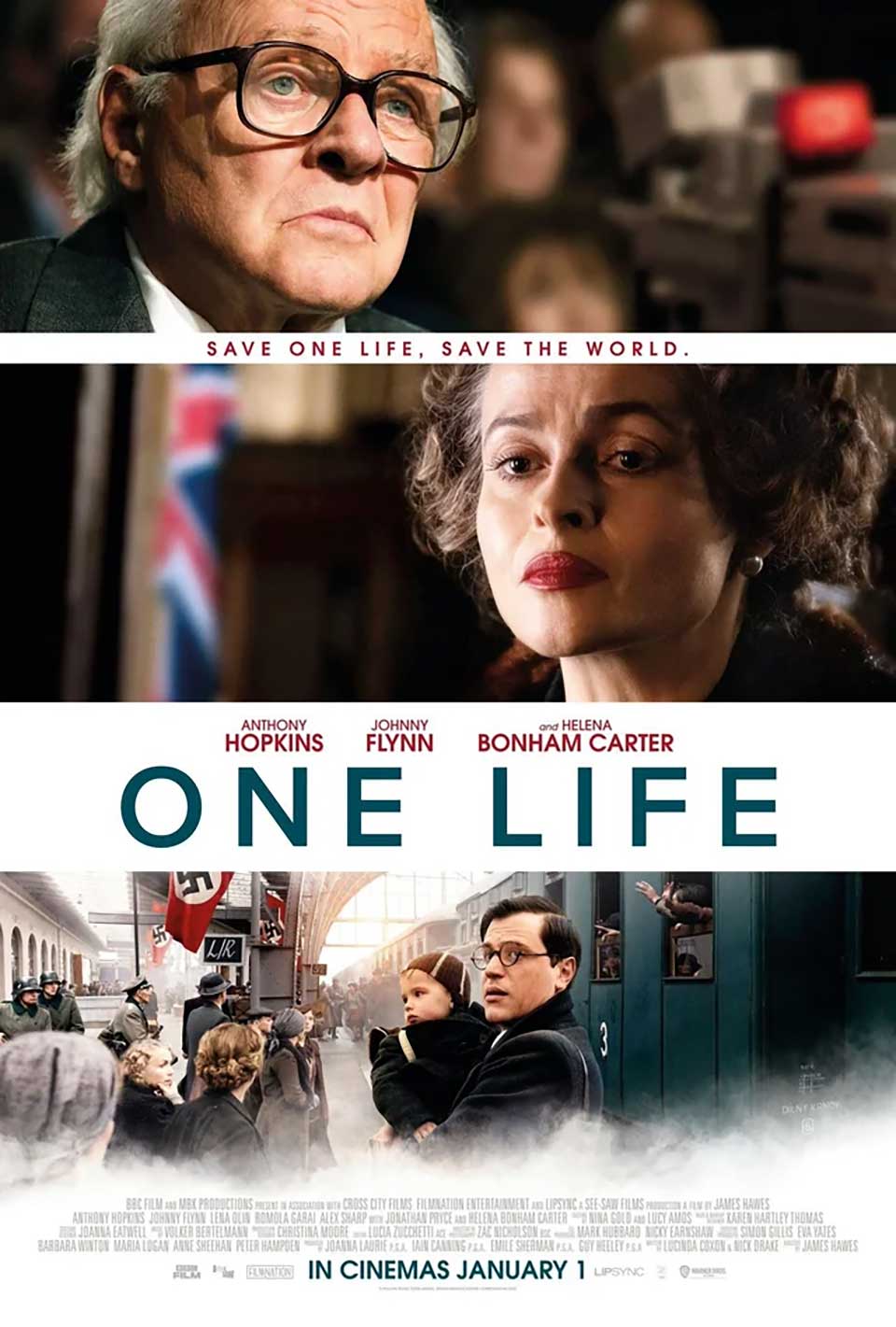
1st Rewatch...The meticulous directorial eye of Steven Soderbergh is the anchor of this fact-based crime drama. Three criminal lowlifes are hired by a mid-level don to watch the family of an accountant while he retrieves a document and codebook from his company, that leads to an accidental death of one of the thugs and a criminal conspiracy that could have monumental circumstances for the automotive industry. Soderbegh's care for the look of the film and the maintenance of an overly complex screenplay make the film a little too long to kick into gear, but it delivers the goods once it does. Soderbegh has also assembled a solid cast in bringing the story to fruition including Don Cheadle, Oscar winner Benicio Del Toro, Kieran Cuklin, Matt Damon, David Harbour, and Oscar winner Brendon Frasier. A little patience is required but it pays off.
Last edited by Gideon58; 03-16-24 at 01:04 PM.














